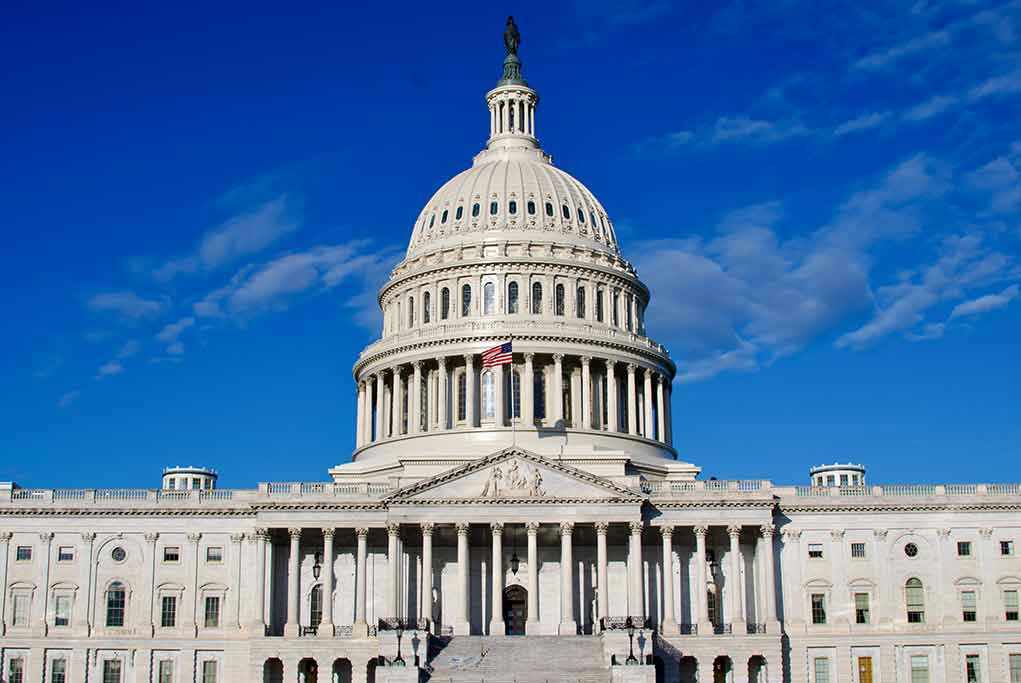
The absence of Democrats at Charlie Kirk’s memorial reveals a deepening partisan divide, as 58 House Democrats oppose a resolution honoring the conservative activist.
Story Highlights
- Charlie Kirk’s memorial drew over 90,000 attendees, including Donald Trump.
- 58 House Democrats voted against a resolution honoring Kirk.
- The event underscores growing partisan tensions in the U.S.
- Media coverage of the memorial sparked controversy and scrutiny.
Memorial Attendance and Democratic Boycott
Following the tragic assassination of Charlie Kirk at a Utah campus event, a memorial service was held at State Farm Stadium in Arizona. The event attracted over 90,000 attendees, including President Donald Trump and other conservative leaders. Notably absent were Democratic lawmakers, who largely boycotted the memorial in protest against Kirk’s divisive rhetoric. This absence was mirrored in Congress, where 58 House Democrats voted against a resolution intended to honor Kirk’s legacy, reflecting deep partisan divides.
The boycott and vote against honoring Kirk were driven by opposition to his activism, which many Democrats viewed as polarizing. Democratic leaders refrained from public comment, but some cited Kirk’s rhetoric as the reason for their absence. This event highlights the challenges in bridging political divides, even in traditionally bipartisan gestures like memorials and honorary resolutions.
Media and Public Reaction
The media coverage of the memorial was contentious. ABC faced backlash for opting to air a rerun instead of a planned tribute, which was instead streamed on YouTube. This decision drew criticism from conservative circles, leading to questions about media bias and programming choices. The Federal Communications Commission (FCC) chair also questioned the news status of ABC’s “The View” in light of these coverage decisions, further fueling debates over media objectivity.
Democrats skip Charlie Kirk Arizona memorial after 58 vote against House resolution https://t.co/TPAtpdPoKY
— Fox News Politics (@foxnewspolitics) September 22, 2025
Trump’s speech at the memorial emphasized Kirk as a “martyr for American freedom,” reinforcing his role as a central figure in conservative activism. The promise of a posthumous Presidential Medal of Freedom for Kirk, should Trump be re-elected, further underscores the political ramifications of the memorial and its aftermath.
Implications for Political Discourse
The event and its surrounding controversies are indicative of the heightened polarization in U.S. politics. The partisan response to Kirk’s memorial and the Congressional resolution signals a potential shift in how public figures are honored based on political affiliations. This trend poses risks of further alienating moderate voters and eroding institutional norms around bipartisan gestures.
Media organizations, caught in the crossfire of partisan expectations, face increased scrutiny over perceived biases, impacting their ratings and advertising strategies. As political identities become more entrenched, symbolic gestures like memorials and honors may increasingly serve as platforms for partisan signaling.

